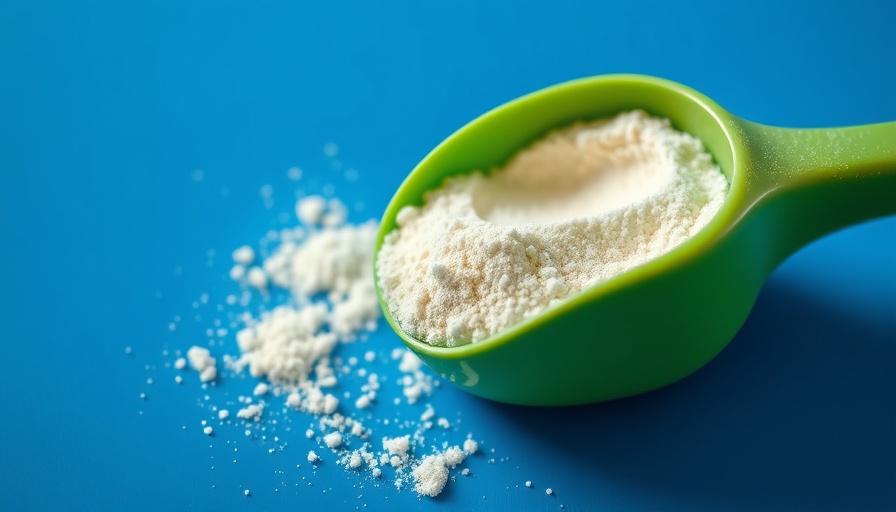
The Surprising Role of Creatine in Mental Health
When we think of creatine, the first association might be its reputation as a popular supplement among athletes and fitness enthusiasts. However, emerging research reveals that this compound may also play a crucial role in mental health, particularly in easing symptoms of depression. This highlights a fascinating intersection between physical wellness and mental well-being.
What Is Creatine and How Does It Work?
Creatine is a substance produced naturally in our bodies, primarily stored in muscle and the brain. While it’s commonly known for its benefits in boosting physical performance and muscle recovery, recent studies have indicated that creatine might also be linked to improved cognitive function and mood stabilization. Understanding how creatine functions in our bodies can unveil its potential benefits beyond the gym.
Insights from Recent Research on Creatine and Depression
A groundbreaking study published in the journal European Neuropsychopharmacology involved 100 participants struggling with depression. Those who supplemented with creatine alongside cognitive behavioral therapy (CBT) experienced significantly greater improvement in their depressive symptoms compared to those who took a placebo. These results suggest that creatine could serve as a valuable adjunct to traditional treatments for depression.
Connecting Brain Health with Physical Supplements
While the exact mechanism remains unclear, there’s a compelling link between creatine levels and mental health. Thea Gallagher, PsyD, emphasizes that low creatine levels correlate with increased depression. The prospect of using an over-the-counter supplement like creatine to support mental health is not just innovative but also indicates a broader understanding of the relationship between our physical and mental states.
Broader Health Benefits of Creatine
Besides its potential to alleviate depressive symptoms, research has linked creatine to several health benefits. These include enhancing muscle recovery, boosting energy, and even improving cognitive function. This multifunctional nature of creatine positions it as a significant player in both physical fitness and mental health support.
Concluding Thoughts: Integrating Creatine into Wellness Routines
As we explore the mental health benefits of creatine, it’s crucial to remember that it is not a replacement for standard depression treatments like medication and therapy. However, its cost-effectiveness and accessibility could make it a beneficial supplementary option for many people seeking multi-faceted approaches to their mental and physical health.
 Add Row
Add Row  Add
Add 




Write A Comment